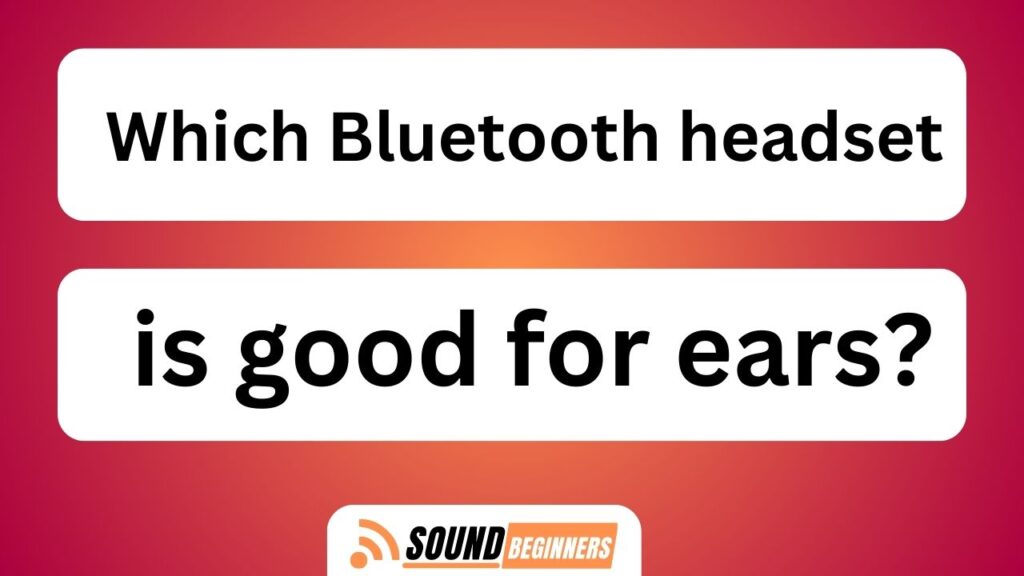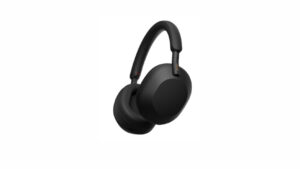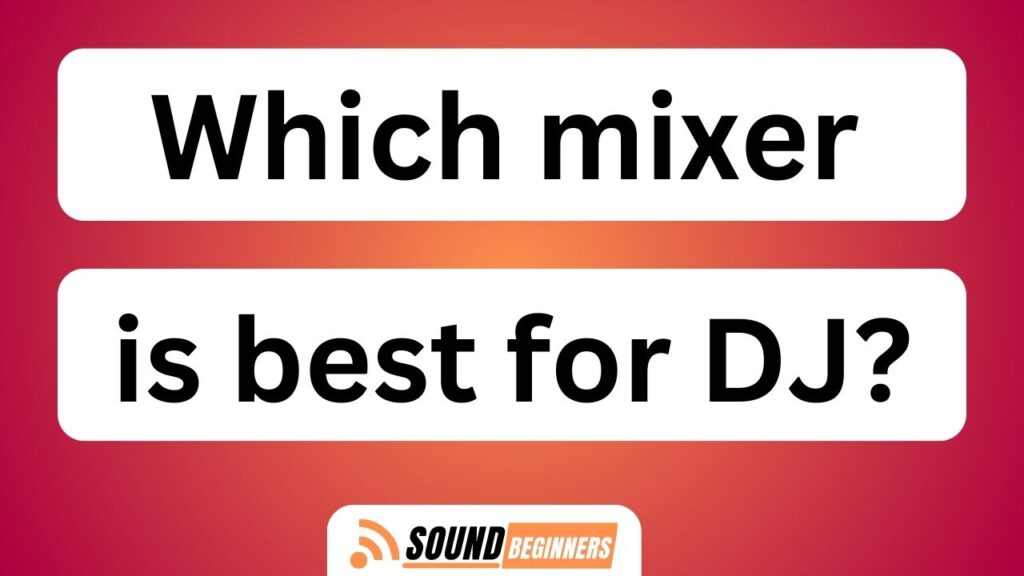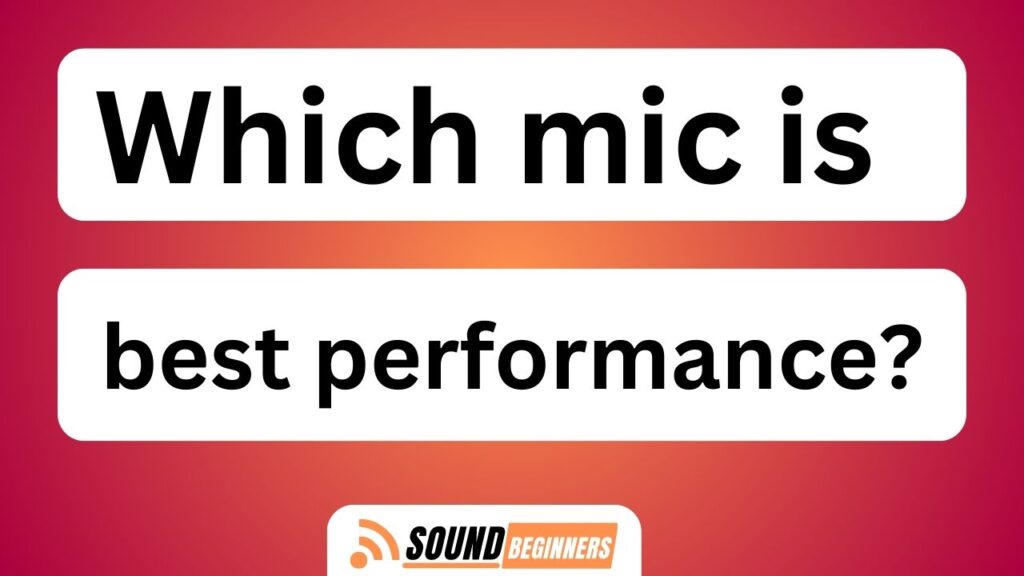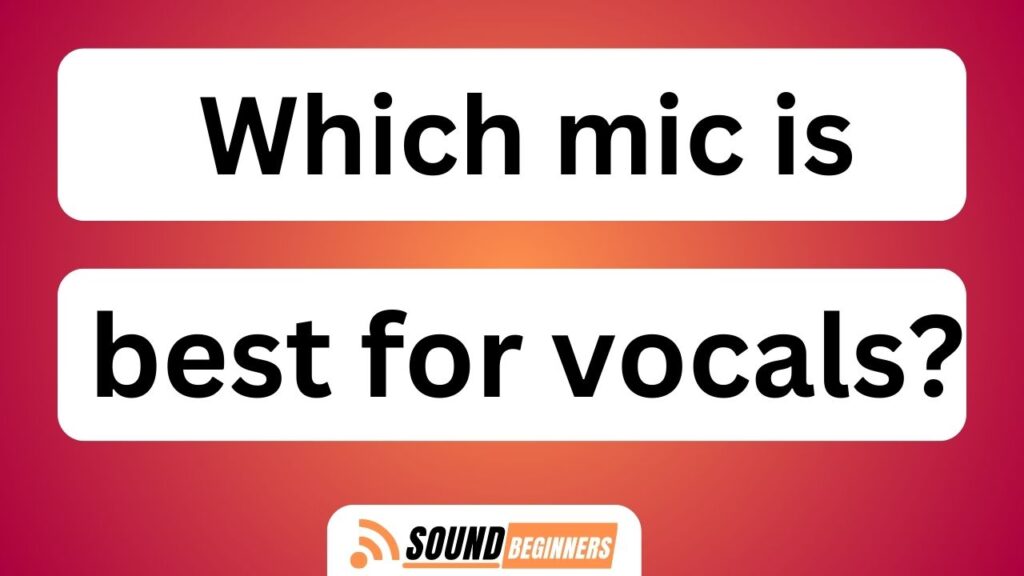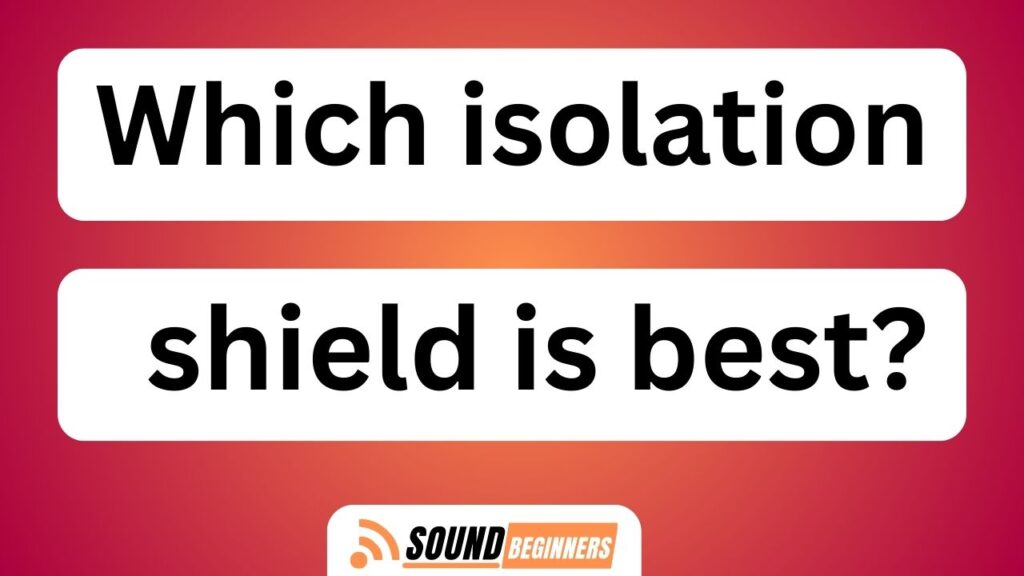Are you tired of being bombarded with countless options when it comes to choosing the perfect Bluetooth headset for your precious ears? Well, fear not, because we’ve got you covered! In this article, we will dive into the world of Bluetooth headsets and explore which ones are truly good for your ears.
When it comes to ear health, comfort is paramount. The last thing we want is a headset that causes discomfort or even pain after prolonged use. But don’t worry, we’ll guide you through all the important considerations to ensure maximum comfort.
But it’s not just about comfort; sound quality plays a crucial role too. We’ll delve into how different headsets prioritize ear safety while still delivering top-notch audio experience.
Wireless connectivity options, battery life, durability – these are all factors that we’ll discuss in detail as well. And let’s not forget about compatibility with various devices and operating systems.
To make things easier for you, we’ll also provide expert reviews and recommendations along with budget-friendly options that offer great value for money.
So sit back, relax, and get ready to find the perfect Bluetooth headset that will keep your ears happy and healthy!
Key Takeaways Which Bluetooth Headset Is Good For Ears?
- Comfort is a crucial factor to consider when choosing a Bluetooth headset for ear health.
- Headsets should prioritize ear safety with features like noise cancellation and volume limiting capabilities.
- Sound quality is important for an immersive listening experience and should be balanced across different frequencies.
- Evaluating wireless connectivity options, battery life, and user-friendly controls can contribute to overall user satisfaction and convenience.
Importance of Comfort for Ear Health
When it comes to choosing a Bluetooth headset, prioritizing comfort is crucial for the long-term health of our ears. A comfortable design and ergonomic fit are essential factors to consider in order to prevent discomfort and potential damage.
A well-designed Bluetooth headset will have features such as adjustable ear loops or ear tips, lightweight materials, and padded cushions that distribute pressure evenly around the ears. By providing a secure yet gentle fit, these headsets reduce the risk of soreness, irritation, or even ear canal blockage.
Furthermore, an ergonomic design ensures that the weight of the headset is evenly distributed across the head and minimizes strain on the neck muscles. Considering these comfort aspects will not only enhance our listening experience but also safeguard our ear health in the long run.
Moving forward into considerations for choosing a Bluetooth headset…
Considerations for Choosing a Bluetooth Headset
Before making a decision, have you considered what factors are important when choosing a wireless headset for your listening pleasure? To help you make an informed choice, here are four key considerations to keep in mind:
- Bluetooth headset design trends: Stay updated with the latest design trends as they often incorporate comfort features such as adjustable headbands and cushioned ear cups. These advancements ensure a better fit and reduce strain on your ears.
- Impact of Bluetooth radiation on ear health: Look for headsets that emit low levels of Bluetooth radiation. Excessive exposure to radiation can potentially harm your ear health over time.
- Sound quality: Opt for headsets with high-quality audio reproduction to enjoy an immersive listening experience without compromising on clarity or detail.
- Ear safety: Choose headsets that prioritize ear safety by implementing features like noise cancellation and volume limiting capabilities.
Considering these factors will help you find a Bluetooth headset that suits both your preferences and promotes ear health.
Now let’s delve into the next section about sound quality and ear safety.
Sound Quality and Ear Safety
When considering sound quality and ear safety in Bluetooth headsets, there are three key points to keep in mind.
First, the use of noise cancellation technology can enhance audio clarity by reducing background noise, but it’s important to note that this feature may increase the risk of hearing damage if used at high volumes for extended periods.
Second, volume limiting features are crucial for protecting our ears from excessive sound levels. These features help maintain a safe listening experience by capping the maximum volume output.
Lastly, choosing a headset with balanced sound output ensures that all frequencies are reproduced accurately and evenly, preventing potential imbalances that could lead to ear fatigue or discomfort.
Noise Cancellation Technology
The incredible noise cancellation technology in these Bluetooth headsets will leave you amazed and your ears grateful. With active noise cancellation, these headsets are designed to block out unwanted sounds from your surrounding environment.
By using advanced algorithms and microphones, they analyze the ambient noises and generate frequencies that cancel them out. This feature ensures a more immersive audio experience by eliminating distractions and allowing you to focus on your music or calls without any interference.
Not only does this enhance the sound quality, but it also contributes to ear safety as you don’t need to raise the volume excessively to overcome external noise. The noise cancellation technology in these headsets truly revolutionizes the way we listen.
Transitioning into the next section about ‘volume limiting features’, one must also consider how crucial it is to protect our ears from excessive sound exposure.
Volume Limiting Features
Get ready to discover the incredible volume limiting features that’ll protect your hearing and make your listening experience even more enjoyable. Bluetooth headsets equipped with volume limiting technology ensure that you can enjoy your favorite music or take calls without compromising on safety.
These headsets have built-in mechanisms that restrict the maximum volume output, preventing any potential damage to your ears. Limiting volume is crucial for safe listening, especially in noisy environments where we tend to increase the sound level. By using a headset with volume limiting features, you can rest assured that you’re taking proactive steps to preserve your hearing health.
Now, let’s dive into the next section about ‘balanced sound output’ for an even better audio experience.
Balanced Sound Output
When it comes to choosing a Bluetooth headset that is good for the ears, another important factor to consider is balanced sound output. This feature ensures that audio is delivered evenly across different frequencies, preventing any one range from overpowering the others and causing potential damage to our hearing. By maintaining a harmonious balance, these headsets provide an optimal listening experience while safeguarding our auditory health.
In addition to volume limiting features, many high-quality Bluetooth headsets also prioritize wireless connectivity options, durability, and build quality. These factors ensure seamless connection with devices and long-lasting performance. The advanced technology used in these headsets allows for stable connections and minimal interference, enhancing our overall audio experience.
Next, let’s delve into the various wireless connectivity options available in modern Bluetooth headsets and how they contribute to their overall functionality without compromising on sound quality or comfort.
Wireless Connectivity Options
Although wireless connectivity is convenient, it’s important to consider the potential impact on our ears when choosing a Bluetooth headset.
When evaluating the wireless connectivity options, two key factors to consider are signal strength and range, as well as Bluetooth version compatibility. The signal strength determines how strong and stable the connection will be between the headset and the device, while range refers to the distance over which the headset can maintain a reliable connection.
Additionally, it’s crucial to ensure that your chosen Bluetooth headset is compatible with the Bluetooth version of your device to avoid any connectivity issues. Taking these factors into account will help us make an informed decision about which Bluetooth headset is best for our ears.
Moving on to battery life and charging options…
Battery Life and Charging Options
One thing to keep in mind is that an extended battery life can be a lifesaver for those of us who are constantly on the go. When choosing a Bluetooth headset, it’s important to consider the battery capacity and fast charging capabilities. A larger battery capacity means longer usage time before needing to recharge, which is especially beneficial for individuals who use their headsets for long periods of time.
Additionally, fast charging capabilities allow for quick recharging when you’re short on time. This ensures that your headset will always be ready when you need it most. In terms of emotional appeal, having a reliable and long-lasting battery can give users peace of mind knowing that they won’t have to worry about their headset dying at inconvenient times.
Moving forward into the section about user-friendly controls and features, it’s important to note that these factors contribute to overall user satisfaction and convenience without sacrificing sound quality or comfort.
User-Friendly Controls and Features
The convenience of easily accessible controls and innovative features will enhance your overall Bluetooth headset experience. A user-friendly design ensures that you can effortlessly navigate through various functions without any confusion or frustration. Intuitive controls allow for seamless operation, enabling you to answer calls, adjust volume, and control playback with just a touch or a swipe. Some headsets even offer voice commands, allowing you to perform tasks hands-free.
Additionally, advanced features like noise cancellation technology and built-in smart assistants further elevate the usability of these devices. When considering which Bluetooth headset to choose, look for one that prioritizes user-friendly controls and incorporates intuitive features to make your daily interactions effortless and enjoyable.
Transitioning into the subsequent section about ‘durability and build quality,’ it is important to consider not only the usability but also the longevity of your chosen Bluetooth headset.
Durability and Build Quality
Invest in a Bluetooth headset that withstands the test of time, ensuring it can handle your active lifestyle and providing you with a reliable companion for all your audio needs.
When considering durability and build quality, there are a few key factors to keep in mind:
- Long-term durability: Look for headsets made from high-quality materials that can endure daily wear and tear without losing functionality or comfort.
- Impact resistance: Opt for headsets that have been tested to withstand accidental drops or impacts, as this will prevent damage to the internal components.
By prioritizing long-term durability and impact resistance, you can be confident that your Bluetooth headset will last through the rigors of everyday use.
In the next section about compatibility with devices and operating systems, we’ll explore how to ensure seamless integration with your preferred gadgets without any hassle.
Compatibility with Devices and Operating Systems
Don’t miss out on the convenience and joy of seamless integration with your favorite devices and operating systems. When choosing a Bluetooth headset, it’s essential to consider its compatibility with various smartwatches and the ability to troubleshoot common connectivity issues. To help you make an informed decision, we have prepared a table that highlights the compatibility of popular Bluetooth headsets with different devices and operating systems.
| Apple Devices (iOS) | Android Devices | Smartwatches | |
|---|---|---|---|
| Headset A | Yes | Yes | Limited |
| Headset B | Yes | Yes | No |
| Headset C | No | Yes | Limited |
Understanding which headset works seamlessly across platforms can save you time and frustration. In the next section, we will explore reviews and recommendations from experts in order to provide further guidance in selecting the best Bluetooth headset for your needs.
Reviews and Recommendations from Experts
After discussing the compatibility of Bluetooth headsets with various devices and operating systems, let’s now delve into an essential aspect: reviews and recommendations from experts.
When it comes to choosing the right headset, it’s crucial to consider the experiences of users and expert opinions. Several reputable headset brands have garnered positive feedback for their exceptional quality and user satisfaction. These brands include Sony, Jabra, Bose, and Sennheiser.
User experiences highlight factors such as sound quality, comfort during extended wear, battery life, ease of use, and durability as determining factors when selecting a Bluetooth headset. Expert recommendations further validate these findings by emphasizing features like noise cancellation technology or advanced audio codecs that enhance the overall listening experience.
Understanding both user perspectives and expert insights allows us to make informed decisions when investing in a reliable Bluetooth headset that meets our specific needs.
Now let’s explore budget-friendly options and value for money without compromising on quality or functionality.
Budget-Friendly Options and Value for Money
To maximize your budget while still obtaining a high-quality audio experience, consider exploring cost-effective options that offer excellent value for your money. When it comes to Bluetooth headsets, there are plenty of budget-friendly choices available that don’t compromise on performance.
One important aspect to consider is portability and design. Look for headsets that are lightweight and compact, making them easy to carry around without sacrificing comfort.
Another helpful way to gauge the quality of a budget-friendly headset is by checking customer reviews and ratings. These provide valuable insights into the experiences of other users and can help you make an informed decision. Look for headsets with positive feedback regarding sound quality, battery life, and durability.
Remember, finding a great Bluetooth headset doesn’t have to break the bank. With careful research and consideration of customer reviews, you can find an affordable option that delivers exceptional value for your money in terms of both performance and design.
Frequently Asked Questions
Are there any specific Bluetooth headsets that are recommended for people with sensitive ears or those prone to ear discomfort?
There are several Bluetooth headsets recommended for people with sensitive ears or prone to discomfort. Some popular options include the Jabra Elite 75t, Sony WF-1000XM4, and Bose QuietComfort Earbuds. These headsets prioritize comfort through ergonomic designs and soft ear tips.
Can using a Bluetooth headset for long periods of time cause any potential health issues for the ears?
Using a Bluetooth headset for long periods of time may have potential health risks and long-term effects on the ears. It’s important to be aware of this and take breaks to minimize any possible harm.
Are there any Bluetooth headsets that offer customizable sound settings to accommodate individual hearing preferences?
Yes, there are Bluetooth headsets available that offer customizable sound settings to accommodate individual hearing preferences. These settings can be adjusted to enhance or modify specific frequencies based on personal hearing needs and preferences.
What are some features to look for in a Bluetooth headset that can help reduce the risk of ear damage or hearing loss?
Bluetooth headset features that can help reduce the risk of ear damage or hearing loss include adjustable volume limits, noise cancellation technology, and ergonomic design for comfortable wear. Studies have shown the impact of long-term Bluetooth headset use on ear health is still being researched.
Are there any Bluetooth headsets that offer noise-cancellation technology to minimize background noise and enhance the listening experience while protecting the ears?
Yes, there are Bluetooth headsets with active noise cancellation that can minimize background noise and enhance the listening experience while also protecting the ears. The impact of Bluetooth headsets on hearing health is an important consideration.
Conclusion
In conclusion, when it comes to choosing a Bluetooth headset that’s good for our ears, comfort should be the top priority. By considering factors such as sound quality, wireless connectivity options, battery life, durability, and compatibility with devices and operating systems, we can ensure a safe and enjoyable listening experience.
Experts’ reviews and recommendations are invaluable in making an informed decision. Remember, “finding the right Bluetooth headset is like finding music to our ears” because it enhances not only our audio experience but also our overall well-being.
